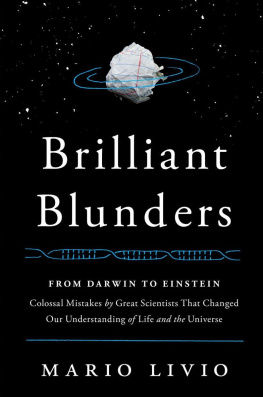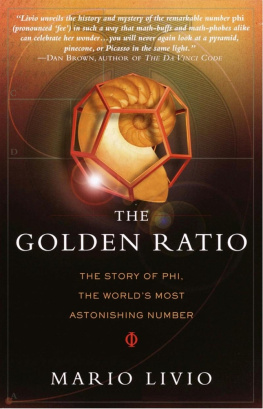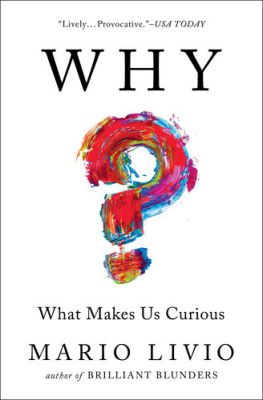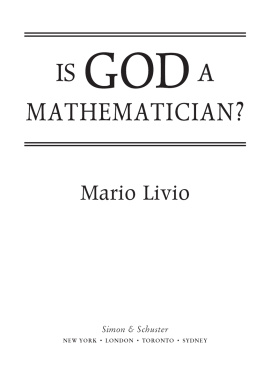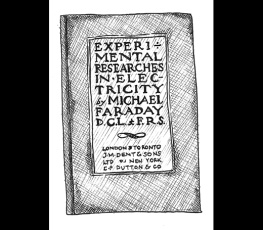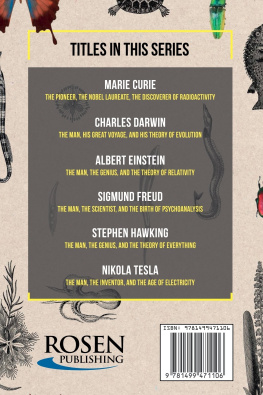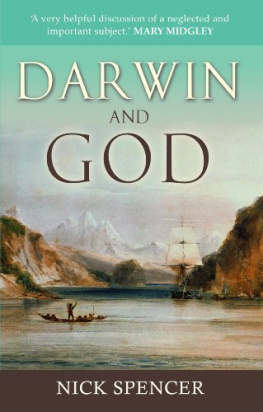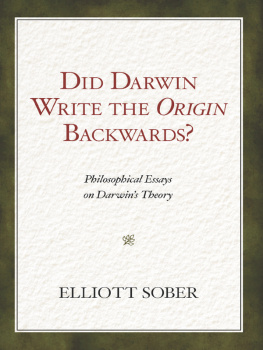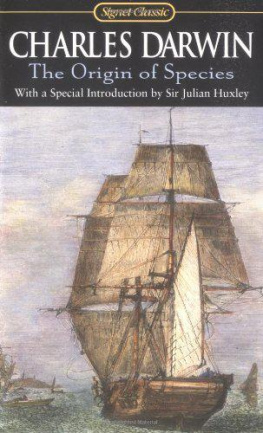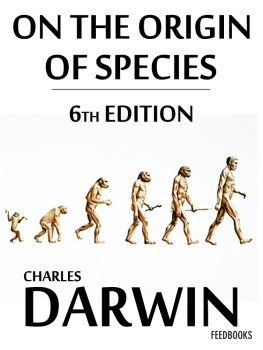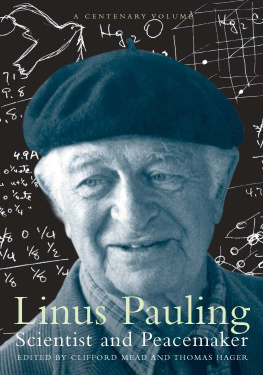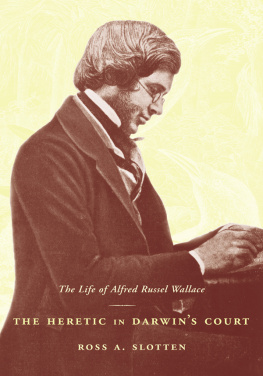Mario Livio - Brilliant Blunders: From Darwin to Einstein - Colossal Mistakes by Great Scientists That Changed Our Understanding of Life and the Universe
Here you can read online Mario Livio - Brilliant Blunders: From Darwin to Einstein - Colossal Mistakes by Great Scientists That Changed Our Understanding of Life and the Universe full text of the book (entire story) in english for free. Download pdf and epub, get meaning, cover and reviews about this ebook. year: 2013, publisher: Simon & Schuster, genre: Science. Description of the work, (preface) as well as reviews are available. Best literature library LitArk.com created for fans of good reading and offers a wide selection of genres:
Romance novel
Science fiction
Adventure
Detective
Science
History
Home and family
Prose
Art
Politics
Computer
Non-fiction
Religion
Business
Children
Humor
Choose a favorite category and find really read worthwhile books. Enjoy immersion in the world of imagination, feel the emotions of the characters or learn something new for yourself, make an fascinating discovery.
- Book:Brilliant Blunders: From Darwin to Einstein - Colossal Mistakes by Great Scientists That Changed Our Understanding of Life and the Universe
- Author:
- Publisher:Simon & Schuster
- Genre:
- Year:2013
- Rating:4 / 5
- Favourites:Add to favourites
- Your mark:
Brilliant Blunders: From Darwin to Einstein - Colossal Mistakes by Great Scientists That Changed Our Understanding of Life and the Universe: summary, description and annotation
We offer to read an annotation, description, summary or preface (depends on what the author of the book "Brilliant Blunders: From Darwin to Einstein - Colossal Mistakes by Great Scientists That Changed Our Understanding of Life and the Universe" wrote himself). If you haven't found the necessary information about the book — write in the comments, we will try to find it.
Charles Darwin, William Thomson (Lord Kelvin), Linus Pauling, Fred Hoyle, and Albert Einstein were all brilliant scientists. Each made groundbreaking contributions to his fieldbut each also stumbled badly. Darwins theory of natural selection shouldnt have worked, according to the prevailing beliefs of his time. Not until Gregor Mendels work was known would there be a mechanism to explain natural selection. How could Darwin be both wrong and right? Lord Kelvin, Britains leading scientific intellect at the time, gravely miscalculated the age of the earth. Linus Pauling, the worlds premier chemist (who would win the Nobel Prize in chemistry) constructed an erroneous model for DNA in his haste to beat the competition to publication. Astrophysicist Fred Hoyle dismissed the idea of a Big Bang origin to the universe (ironically, the caustic name he gave to this event endured long after his erroneous objections were disproven). And Albert Einstein, whose name is synonymous with genius, speculated incorrectly about the forces that hold the universe in equilibriumand that speculation opened the door to brilliant conceptual leaps. These five scientists expanded our knowledge of life on earth, the evolution of the earth itself, and the evolution of the universe, despite and because of their errors. As Mario Livio luminously explains, the scientific process advances through error. Mistakes are essential to progress.
Brilliant Blunders is a singular tour through the world of science and scientific achievementand a wonderfully insightful examination of the psychology of five fascinating scientists.
Mario Livio: author's other books
Who wrote Brilliant Blunders: From Darwin to Einstein - Colossal Mistakes by Great Scientists That Changed Our Understanding of Life and the Universe? Find out the surname, the name of the author of the book and a list of all author's works by series.

